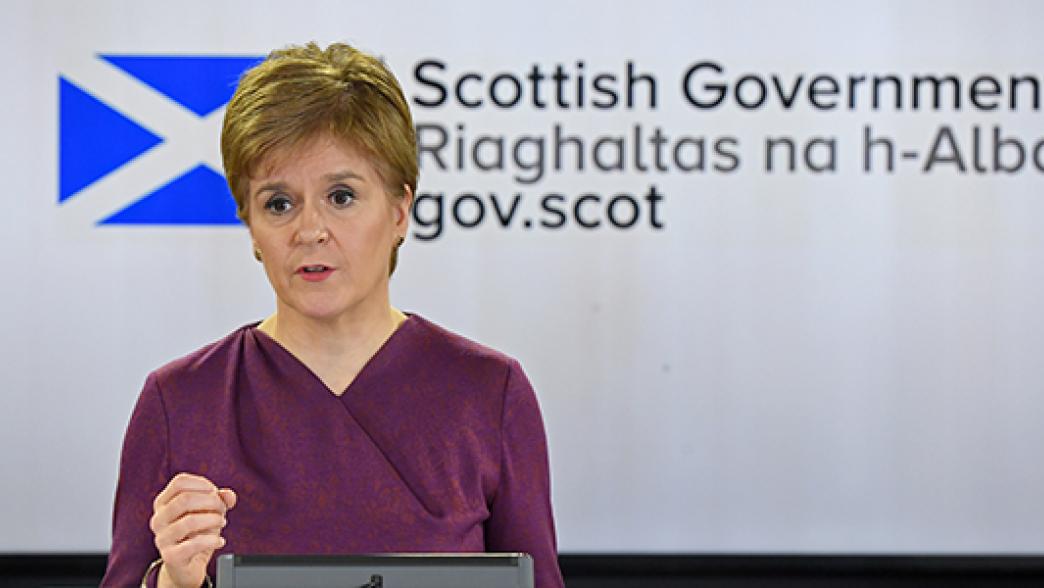A four-nation exit strategy: How the UK and devolved governments should approach coronavirus
The UK’s four-nation lockdown exit strategy could create confusion amongst the public and lead to non-compliance of guidance and rules.

The UK’s four-nation lockdown exit strategy could create confusion amongst the public and lead to non-compliance of guidance and rules.

The government’s five tests for starting to lift the lockdown are not a good enough guide to the longer-term exit strategy.
Whoever wins the election will face seven key Brexit questions.
Katy Hayward from Queen's University Belfast joins The Expert Factor team for a deep dive into recent political developments in Northern Ireland.
This short paper highlights five key challenges that any government seeking to reduce regional inequalities will need to address.